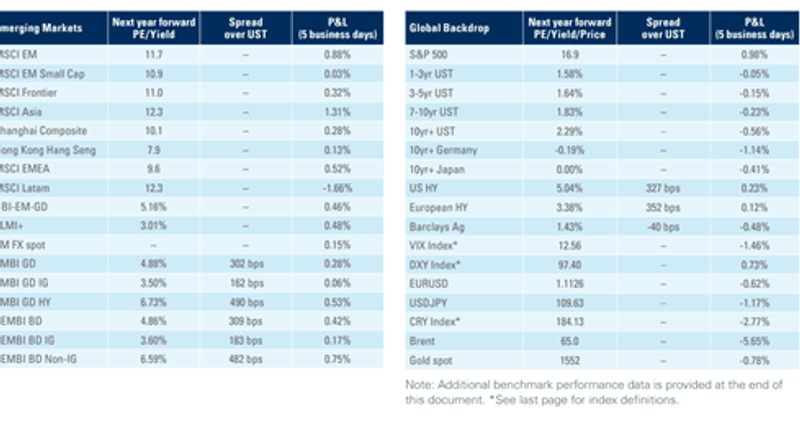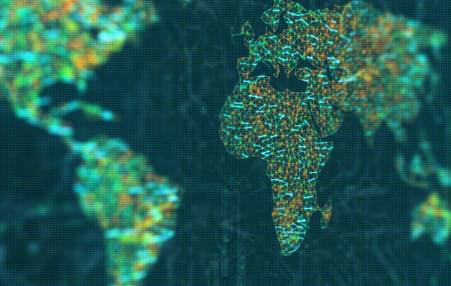“The weak response suggests that Iran’s primary concern is regime stability. If that hypothesis is valid, Tehran will most likely wait for the result of presidential elections in the US before any direct response. The ability of Iran to retaliate via proxies in the region will depend on how the population in Iran, Iraq and Lebanon absorb the recent events. Before Soleimani’s death, the majority of the people across these three countries were protesting against corruption and inefficient governments, regardless of their sectarian lines.”
The US-China trade war also appears to be cooling, with the two countries agreeing to sign a phase one trade agreement. The text is set to include an 50% reduction in the tariffs introduced in September, and will include a 90-day window in which China’s enforcement will be monitored.

Last week’s US economic data, meanwhile, was a mixed bag.
“The US trade deficit narrowed to USD 43.1bn in November from USD 46.9bn in October as exports rose 0.7% and imports dropped 1.0% with imports from China leading the decline. ISM non-manufacturing increased to 55 in December, from 53.9 in November. In the labour market, the ADP survey surprised on the upside but non-farm payrolls registered 145k new jobs in December, close to consensus expectations, while hourly wage growth was lower than expected coming down to 2.9% on a yoy basis, from 3.1% in November.”









